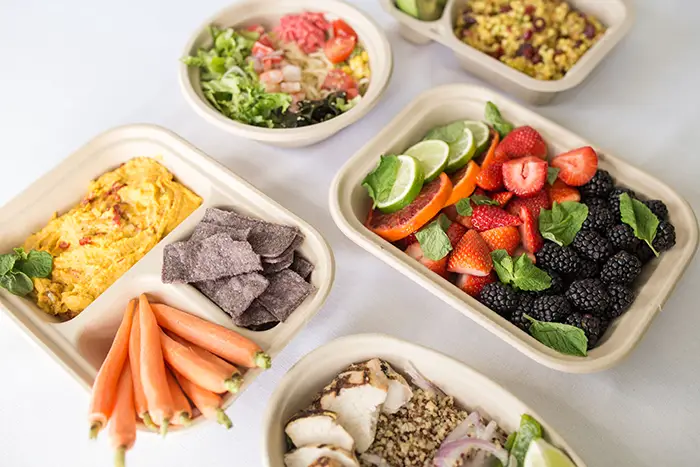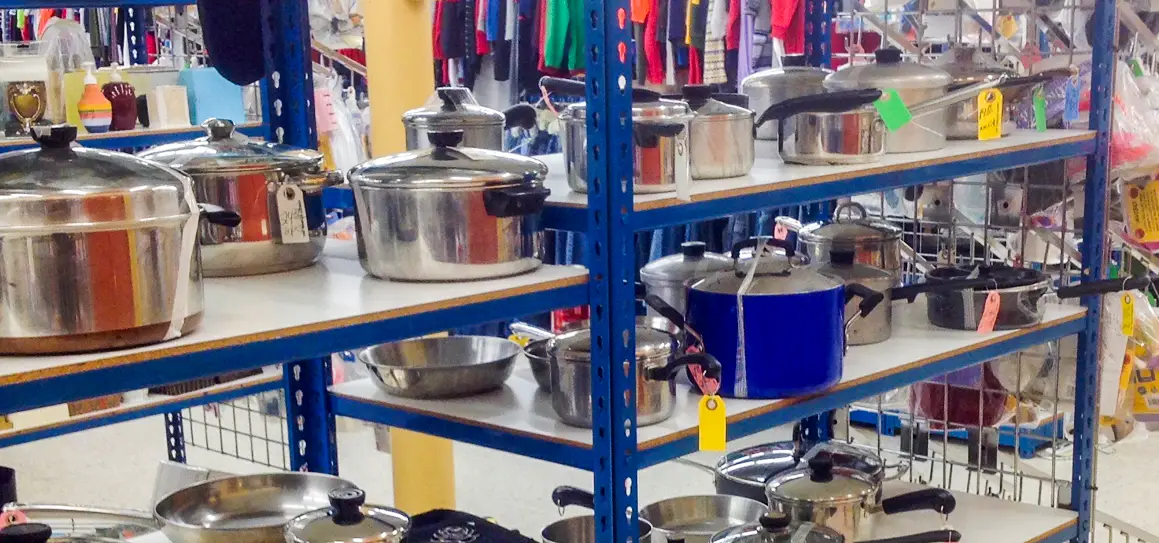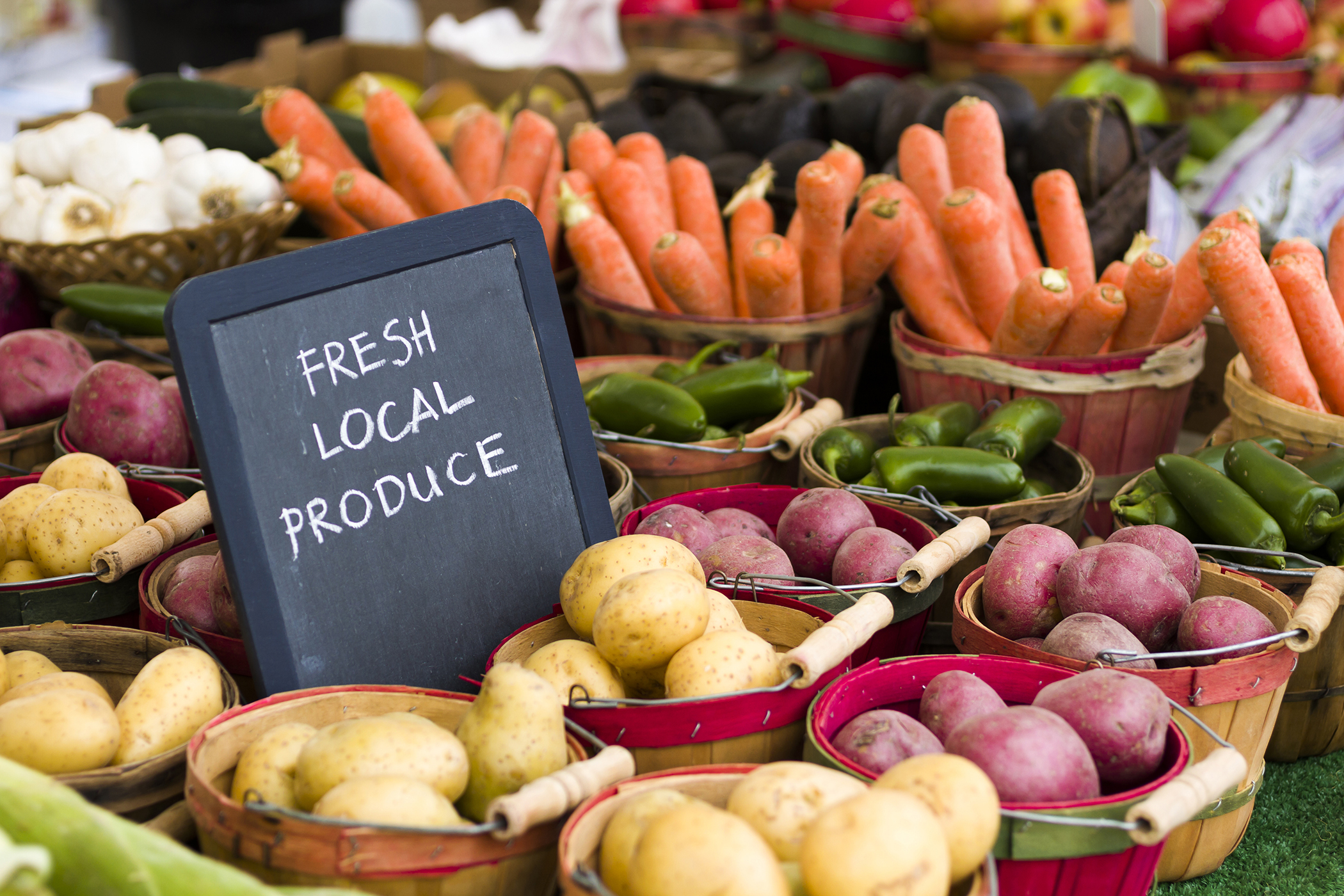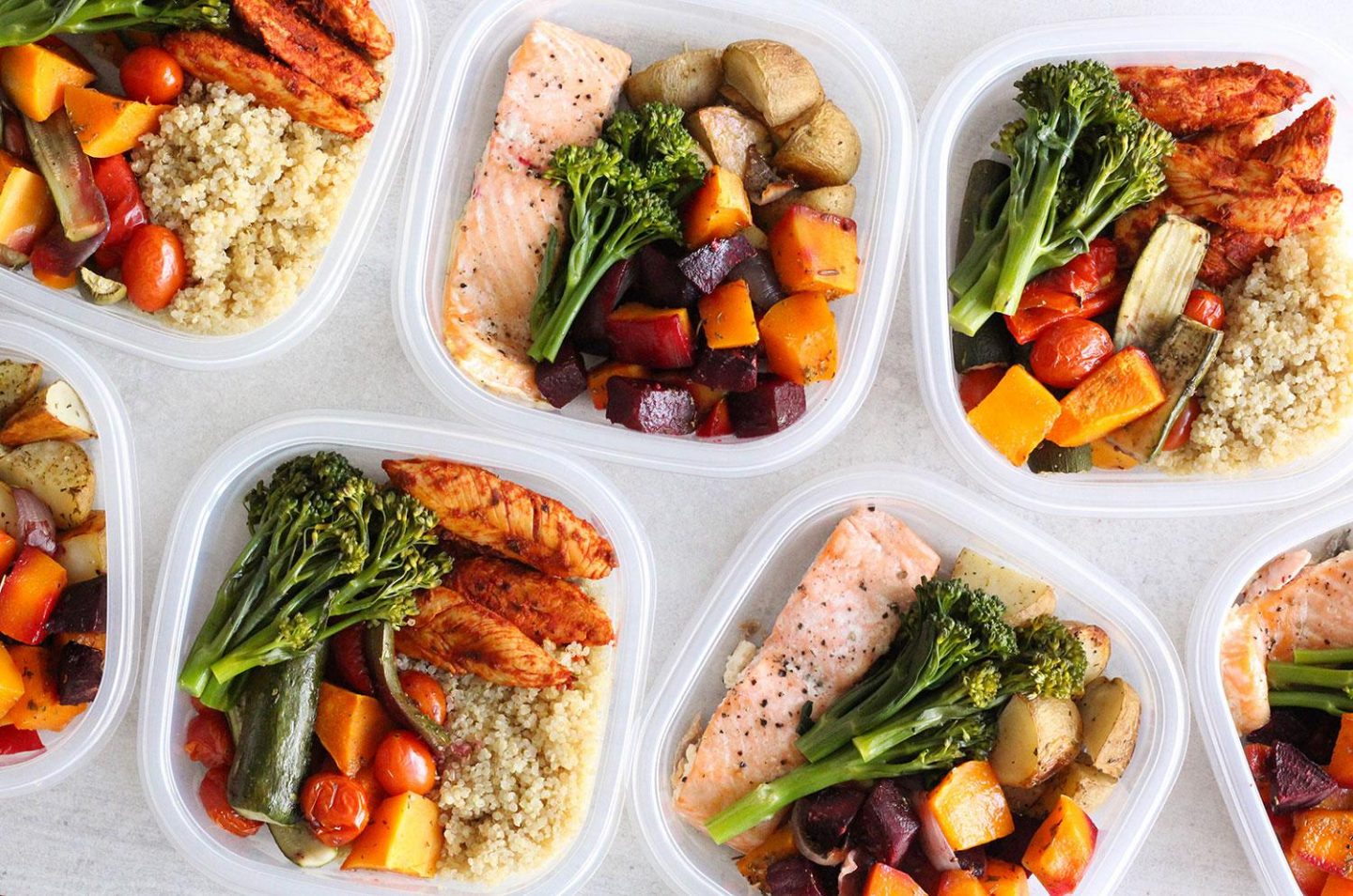We all want to eat healthy and help the environment at the same time, but that seems easier said than done. With classes to go to and having an on-campus meal plan, trying to eat sustainably can be tricky, so here are five beginner tips to help you get started on the road to sustainable eating:
1. Save Any and All Containers
Although this tip is more for freshmen who are on dining plans at their school, it can be applied to any college student who eats out. Think about all of the fast-food and plastic boxes that your food comes in.
A good way to become a more sustainable eater is to save those boxes and next time you go to the restaurant, just ask them to reuse your box. A little goes a long way with this tip, but you will definitely see a difference in the amount of trash you have by the end of the week.

If the amount of containers you receive from eating out or going to the dining hall gets out of control, make sure you recycle everything you can. First, start by making sure what you’re putting in your recycling bin is actually recyclable. Each city has different rules for what is recyclable and what’s not, so make sure you’re following the correct guidelines.
To make sure your trash is recycled properly, take a little extra time once a week to physically take your bags of recycling to your city’s local waste facility. This is a good way to ensure your trash is going to be recycled and not mixed in with regular trash.
2. App It Up!
There are hundreds of apps out there that can help you improve your lifestyle, but here are a few to make eating and buying food sustainably easier.
HowGood
By using HowGood to search grocery store products, you can find out if the item is environmentally friendly, minimally processed and ethically produced. Each product on the app has been thoroughly researched and is given a rating depending on three factors: growing guidelines, processing practices and company conduct. The app has five out of five stars, and it is an easy and efficient way of making sure the products you are buying are good for you and the environment.

Seafood Watch
Seafood, to some of us, is one of life’s greatest pleasures, but it isn’t always safe or healthy. Fortunately, Seafood Watch helps you choose ocean-friendly seafood at your favorite restaurants and stores.
If you are at a restaurant, just check with the waiter where the seafood is sourced from and check if the app gives it an eco-certification, then eat away. The app is also great for sushi lovers.
3. No More Plastic
Perhaps one of the simplest ways to shrink your carbon footprint, reducing your use of plastic bottles and using reusable containers instead cuts out a lot of needless waste. If you insist on purified water, though, try buying a Brita water filter instead of endless packs of water bottles. By bringing your own mug or travel mug, you can also use this tip at coffee shops.

Try to avoid plastic utensils as well, as they degrade the environment just as much as their water-bottle brethren; plus, there are plenty of places where you can buy cheap packs of metal cutlery. Whether you bring your metal dinnerware to the dining hall or use them in your own home, reducing your use of plastic forks and knives is such a simple but huge step to becoming a sustainable eater.
Plastic containers, too, can be easily swapped for a more sustainable substitute. By using mason jars or metal containers to store your leftovers, your food not only lasts longer because it’s airtight, it’s safe from the toxins that plastic containers leach into your food.
4. Buy Secondhand
When most people think of buying secondhand, they think of buying clothes from a thrift shop. In addition to your clothes, though, you can also buy certain food products used. By getting your kitchen essentials secondhand, you reduce your consumption by buying something that has already been manufactured. Plus, buying pre-owned can save you money on markup, while affording you literally the same product.

When it comes to re-use, though, there’s no easier product to cut down on than disposable napkins. Instead of using paper towels or napkins with every meal, try to limit their use to only when absolutely necessary. Keep a dishtowel clean and near at all times, or invest in some nice cloth dinner towels and just throw them in the laundry when you’re finished.
5. Locavores Are Cool
Becoming a locavore, or someone who strictly buys locally, is a great way to become a seriously sustainable eater. As someone in college, I know that eating regionally can be difficult, especially because I have a meal plan and have school to focus on. However, taking smaller steps, such as going to a local farmers market on the weekend or only buying coffee from local shops, can go a long way.

Farmers markets are a great way to get locally sourced food for a pretty cheap price. By locating when and where your city holds a farmers market, or even where you can buy locally sourced foods from another venue, is a good way to get eat healthy and sustainably.
Eating in season can be a more sustainable and healthy choice as well, as doing so will ensure that you’re getting real food, not processed food that has been grown under unnatural conditions. Buying locally is not only a good way to become a sustainable eater; it also helps you become a civically engaged citizen by helping local businesses.

















